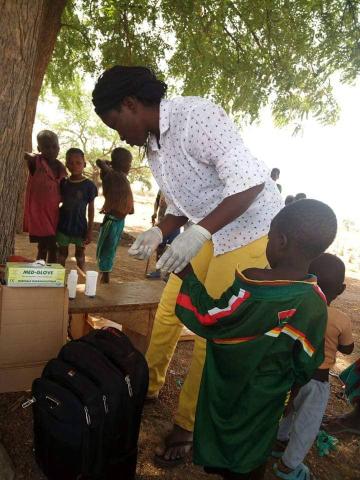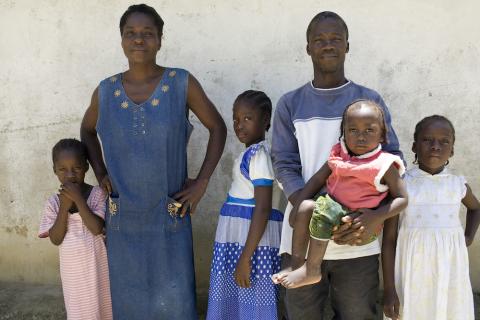Features Section Title
Research Findings

Repeater Feature Title
The Impact of a Nutrition-Focused Livelihoods Program on Child Nutrition in Burkina Faso
Read More

Repeater Feature Title
The Impact of Tech-Training and Job Referrals for Youth in Kenya
Read More

Repeater Feature Title
The Effect of Cash Transfers and Market Access on Households in Rural Liberia and Malawi
Read More
Related Topics
Cash Transfers
Cash transfers are direct payments, often from governments, made to eligible groups of people. IPA has evaluated three main types of cash transfer programs—unconditional, conditional, and labeled cash transfers—in different contexts.
Livelihoods
IPA is investigating many ways to help the poor boost the income they get from their work, from improving understanding of credit markets for farmers to productivity boosts for small and medium enterprises.
Ultra Poor Graduation Programs
About 650 million people around the world live on $1.90 or less per day and face interrelated challenges, including food security, access to capital, savings, and health shocks. IPA is testing a number of programs designed to reach this population and help them onto a sustainable path out of poverty.











